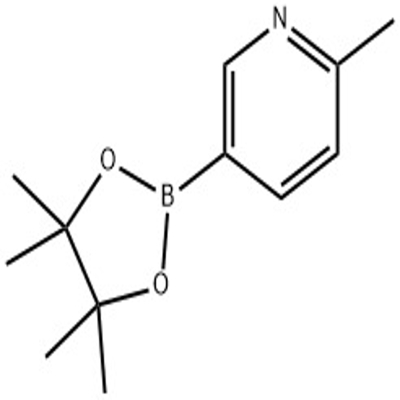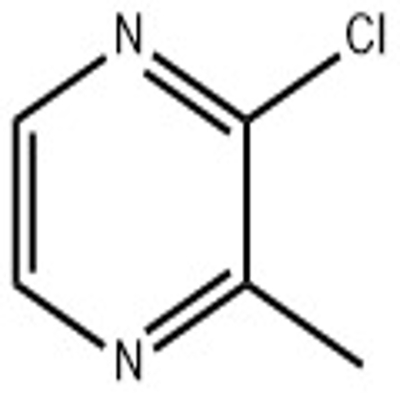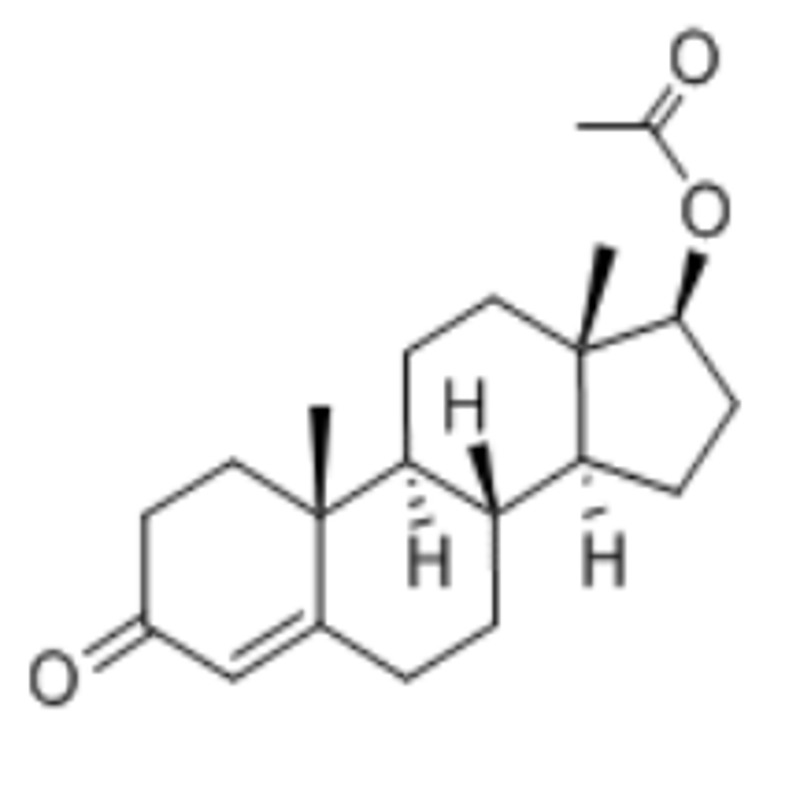Refresh cognition! Can these common viruses help us suppress cancer?
-
Last Update: 2019-11-04
-
Source: Internet
-
Author: User
Search more information of high quality chemicals, good prices and reliable suppliers, visit
www.echemi.com
When it comes to viruses, many people's first impression is that they are harmful to human health without any benefit With the popularity of cervical cancer vaccine, more and more people begin to understand that virus infection can also cause terrible cancer In addition to the human papillomavirus (HPV) targeted by the cervical cancer vaccine, there are also some common viruses that are potential carcinogens, such as hepatitis B virus (HBV) However, a kind of common virus that lives on our skin seems to produce not harm but benefit to human health! According to a recent paper in nature, a leading academic journal, scientists at the cancer immune center at Massachusetts General Hospital have found that some "low-risk" HPVs seem to indirectly protect us from skin cancer "This is the first time that there is evidence in both experimental models and human bodies that common viruses may have health benefits, and that these benefits are related to cancer prevention," the study authors said First of all, these low-risk HPVs are different from the HPVs targeted by cervical cancer vaccines So far, more than 170 types of HPV have been known, involving different clinical manifestations Among them, only about 12 are classified as high-risk types, such as HPV16, 18, 6, 11, which are related to a variety of genital cancer, and some are related to head and neck cancer and oral cancer The existing vaccines can help us protect against these malignant tumors In addition, there are many other types of HPV, such as those studied by Dr Shawn demehri and his colleagues, which are common symbiotic viruses on the inside and on the surface of the human body and are believed to have a low risk of causing serious diseases The most common manifestations of these low-risk HPVs on the skin are verruca vulgaris, verruca plantaris and verruca plana There are data estimates that one in three school-age children is infected with skin type HPV, which shows that the infection is very common Past studies have suggested that the prevalence of HPV subtypes in the population may be related to the risk of some malignant skin cancer In immunosuppressed patients, the risk of squamous cell carcinoma of the skin increased 100 fold Naturally someone guesses, is the virus that lurks in the human body all the year round become the carcinogen when the immunity of human body is lower? This is the question that this research wants to answer Although many studies have tried to prove the link between HPV infection and squamous cell carcinoma, none of them can prove that HPV really drives the development of these common skin cancers, the authors said And their experimental results are just the opposite of what they thought in the past Experiments using mouse models have shown that mice with complete immune system, natural immunity to HPV, and mice immunized by T-cell infusion can resist skin cancer when exposed to ultraviolet radiation or chemicals known to cause skin cancer This is because peptide molecules of HPV can induce immune response of T cells The activated T cells can effectively attack the early skin cancer cells In addition to animal experiments, the researchers also tested human skin cancer samples, analyzed the existence and activity of 25 known low-risk HPVs, and found that the virus activity and viral load in skin cancer cells were significantly lower than that in adjacent normal skin, "indicating a strong immune selectivity for virus positive malignant cells" In patients with suppressed immune systems, the risk of skin cancer increases significantly, the researchers explained, because of the loss of immunity, not the carcinogenic effect of HPV Based on these findings, the researchers propose that "the development of vaccines based on T cells of symbiotic HPV may provide an innovative way to enhance the skin's antiviral immunity, which can help the high-risk population to prevent warts and skin cancer." At the end of the paper, the researchers pointed out that when using immunocheckpoint inhibitors against skin squamous cell carcinoma, enhancing the natural immunity against HPV may further improve the effectiveness of immunotherapy Maybe in the future, with the help of symbiotic virus, we can prevent and treat skin cancer more effectively reference material:
This article is an English version of an article which is originally in the Chinese language on echemi.com and is provided for information purposes only.
This website makes no representation or warranty of any kind, either expressed or implied, as to the accuracy, completeness ownership or reliability of
the article or any translations thereof. If you have any concerns or complaints relating to the article, please send an email, providing a detailed
description of the concern or complaint, to
service@echemi.com. A staff member will contact you within 5 working days. Once verified, infringing content
will be removed immediately.







